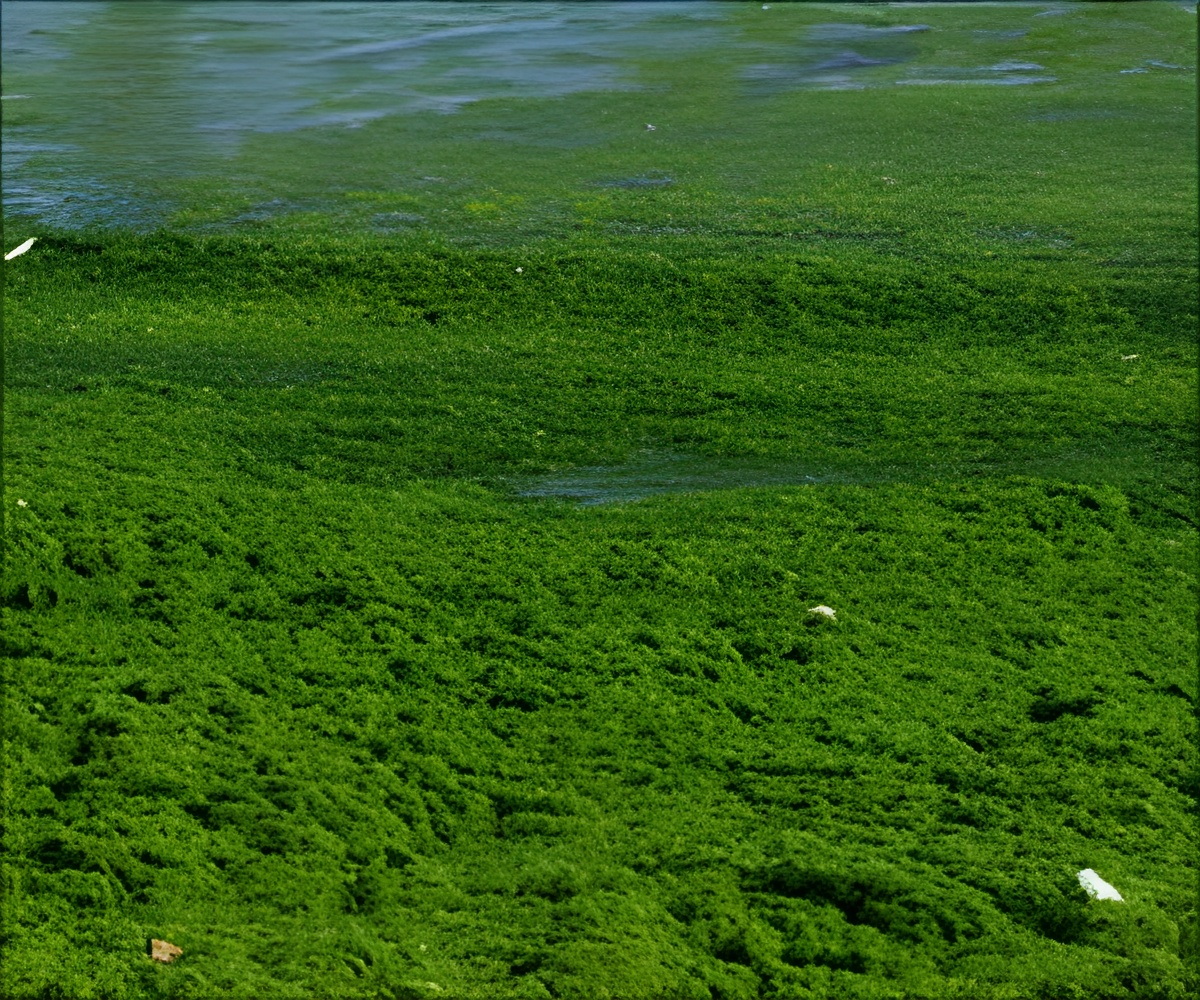Drinking water containing toxins from blue-green algae can cause damage to the liver and nervous system.

Scientists fear the increase of poisonous blue-green algae in the lake has been driven by pollution from industrial sites and sewers that pump nitrogen and phosphorus into the lakes, which the algae thrives on.
The blue-green algae contain toxins that poses a serious threat to drinking water. The toxins can cause damage to the liver and nervous system and have been linked to neurodegenerative diseases such as Alzheimer’s, Parkinson’s, and Lou Gehrig’s Disease.
The most common symptoms of exposure to the poisonous algae are skin rash or irritation, gastroenteritis and respiratory distress. Exposure to low doses of blue-green algae over a lifetime can result in liver tumors and hormone disruption.
Zofia Taranu from McGill University said, “We found that cyanobacterial populations have expanded really strongly in many lakes since the advent of industrial fertilizers and rapid urban growth.”
Irene Gregory-Eaves, an associate professor of biology at McGill and co-author of the research said,“Our work shows that we need to work harder as a society to reduce nutrient discharges to surface waters.”
Source-Medindia
 MEDINDIA
MEDINDIA




 Email
Email







